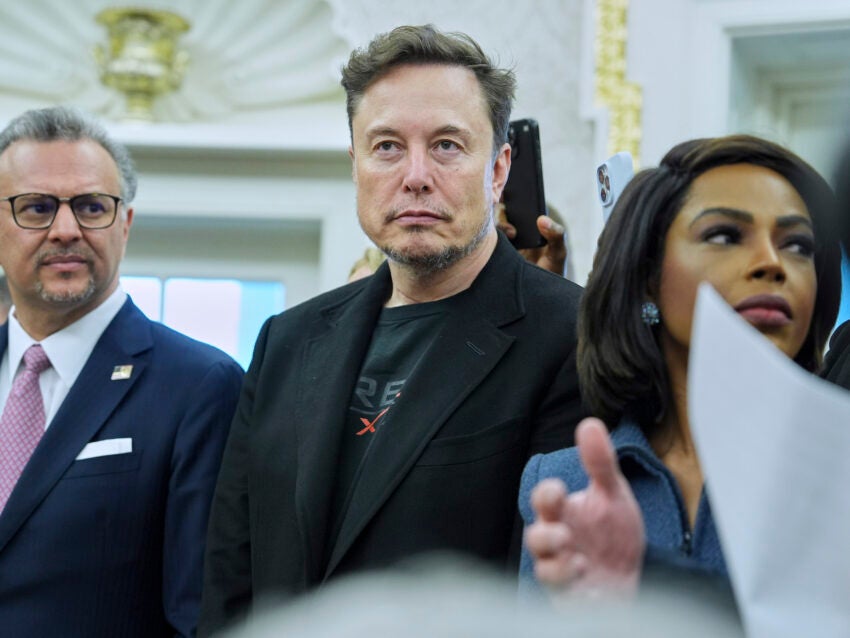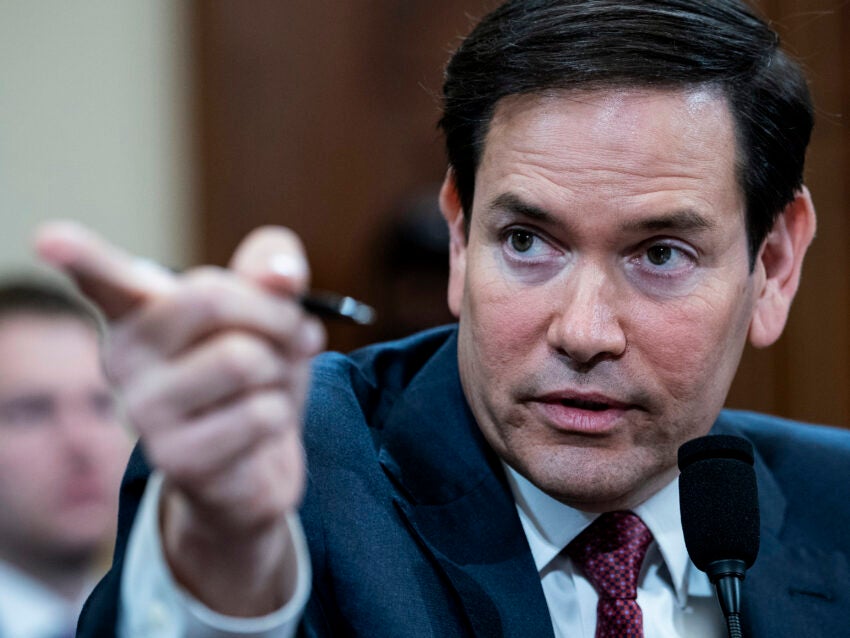Now Reading: Elon Musk criticizes Trump’s ‘big beautiful bill,’ a fracture in a key relationship
-
01
Elon Musk criticizes Trump’s ‘big beautiful bill,’ a fracture in a key relationship
Elon Musk criticizes Trump’s ‘big beautiful bill,’ a fracture in a key relationship

Elon Musk is stepping down from his government role as a top adviser to President Donald Trump after leading efforts to streamline and reform the federal bureaucracy. His exit, announced on Wednesday evening, signals the conclusion of a tumultuous period characterized by significant layoffs, the restructuring of government agencies, and numerous legal battles. Although facing challenges in the Washington environment, Musk fell short of his ambitious targets and encountered resistance to his initiatives. He had scaled back his spending reduction goal from $2 trillion to $1 trillion to $150 billion and expressed frustration over opposition to his plans. Musk’s departure comes as he plans to refocus on managing his businesses, including Tesla and SpaceX. His decision to leave his position as head of the Department of Government Efficiency, known as DOGE, was abrupt and announced on his social media platform. Despite criticisms of Trump’s legislative agenda, Musk’s departure may impact the ongoing debate in Congress. Some Republican lawmakers share Musk’s concerns about spending cuts and are advocating for revisions to the bill. The future of the legislation remains uncertain as it faces further deliberation in the Senate.






